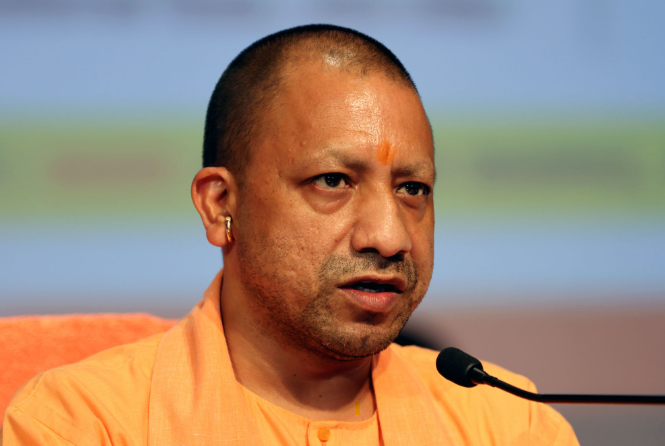Pakistan has assumed the role of a non-permanent member of the United Nations Security Council (UNSC) for a two-year term, from January 1, 2025, to December 31, 2026. Replacing Japan, Pakistan, alongside South Korea, will now have a voice in shaping the global security agenda. Notably, Pakistan is set to chair the UNSC in July, allowing it to influence key discussions and priorities.
In its new role, Pakistan has made its intentions clear to oppose India’s aspirations for permanent membership in the UNSC. Munir Akram, Pakistan’s UN envoy, stated that the country will continue to highlight the Kashmir issue on international platforms and resist any expansion in the Council’s permanent membership. Instead, Pakistan advocates for extending non-permanent seats to amplify representation from Muslim countries and developing nations.
India’s Bid for UNSC Permanent Membership
India has long advocated for reforms in the UNSC, emphasizing the need for a more representative and inclusive global governance structure. With its growing global influence and track record in peacekeeping and international diplomacy, India has positioned itself as a strong candidate for permanent membership.
The P5 nations—France, Russia, the UK, and the US—have expressed support for India’s bid. However, opposition from countries like Pakistan, along with resistance to the G4 (India, Brazil, Germany, and Japan) bloc’s proposal, has slowed progress.
Pakistan’s Strategy and India’s Response
As a UNSC member, Pakistan is likely to focus on raising the Kashmir issue and countering India’s diplomatic initiatives. With additional leverage from its presence on committees such as the ISIL (ISIS) and Al-Qaeda Sanctions Committees, Pakistan may attempt to undermine India’s efforts to secure a permanent seat.
To counter these challenges, India will need to intensify its diplomatic engagements with key global powers, leverage its influence within multilateral frameworks, and effectively respond to Pakistan’s strategies. Strengthening alliances and addressing opposition will be critical for India’s UNSC aspirations.



